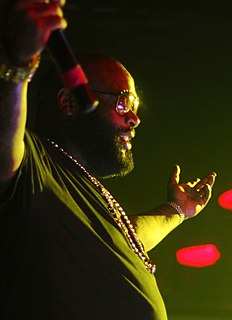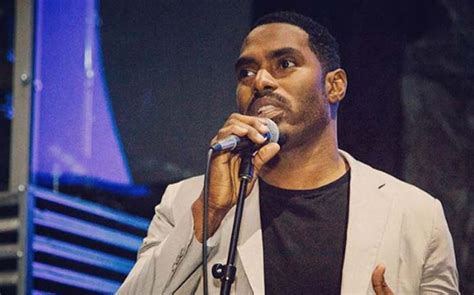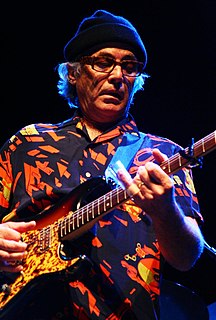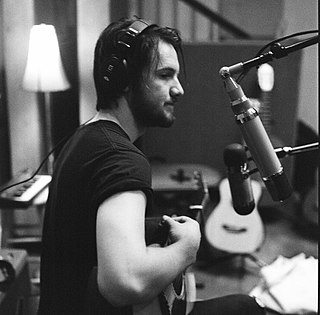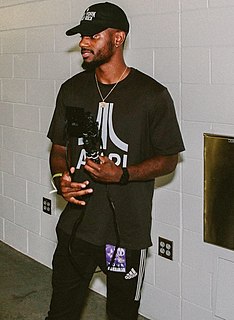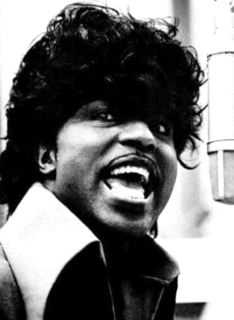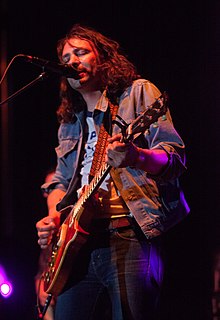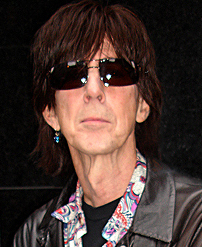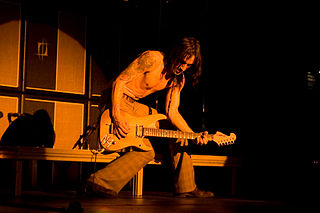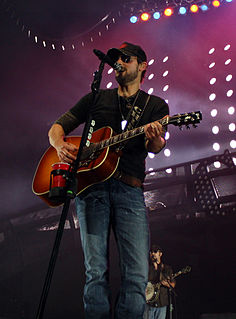A Quote by Rick Ross
I feel like I can make records where, you know, I can get in the alley and exchange bars with Styles P, but I can also get in the studio and create a classic with Rihanna.
Related Quotes
I mean, just like every other prominent songwriter or producer, you have the shot. You send in records and if they make it, they make it. If they get heard, they get heard. I'm not sure if you know how that circle of songwriting and producing works, but every time a big artist is working, everybody and their mother is in the studio writing records to try to get on it.
I would never go to a studio. I need my space, you know what I mean? I need to be able to chain smoke and pace about, cry and like... spit. Just make noise, make a huge mess. I also feel like if I was concerned for the cost of the studio - like, 'this is costing 40 dollars an hour' - I wouldn't be able to work.
When you have the catalog of work, it doesn't feel like you've got one shot to get it right; it's just like, you're making a new document of something at the present time, and it's a living thing, and it changes. It's been cool to help other people make their records, to produce. You get a crash course in things that you don't get as the artist.
I have never engineered a record. I will draw a record and I'll show you what it's gonna look like. And I will design it and sketch it out and show you, you know, the breaks are coming in here. Sixteen bars. Move out. 32 bars and you get this baseline. Repeat this. Ghost it. Take the tops out of that. Make it go thin. Get a filter. Reverse it.
I think I understand what bands want, just from having made records myself. I understand what it takes to get a good vocal sound, or to make people comfortable in the studio. From minor things like their headphone mix - and if a singer's singing, how they should hear themselves - to how to make people feel that they're getting exactly what they want. All those things, I think, are an advantage, especially the part about having done it myself. I'm not just an engineer who records the sounds well. I'm not afraid to take chances.
If you want to be a chef or a scientist, you've got to know what the current thinking is, so if you want to write comics or draw comics find out what the very best ones are and look at them all and then you'll know where the bars are because the bars are often very high, if you are going to make a splash and make yourself known, you need to get to that level.
I want my records to be the most magnificent and glorious-sounding records, but also want them to be the most intense and fragile. And I want that all in the same ten-second bit of music. And it just takes a while to get there, and I don't write the songs and then go and record them, I write in the studio. So it takes a while to kind of piece them together and know that that's what I want it to be like. And I constantly throw the bits up in the air and see how they land, and eventually they kind of keep landing in the same place and that's where it stays.
